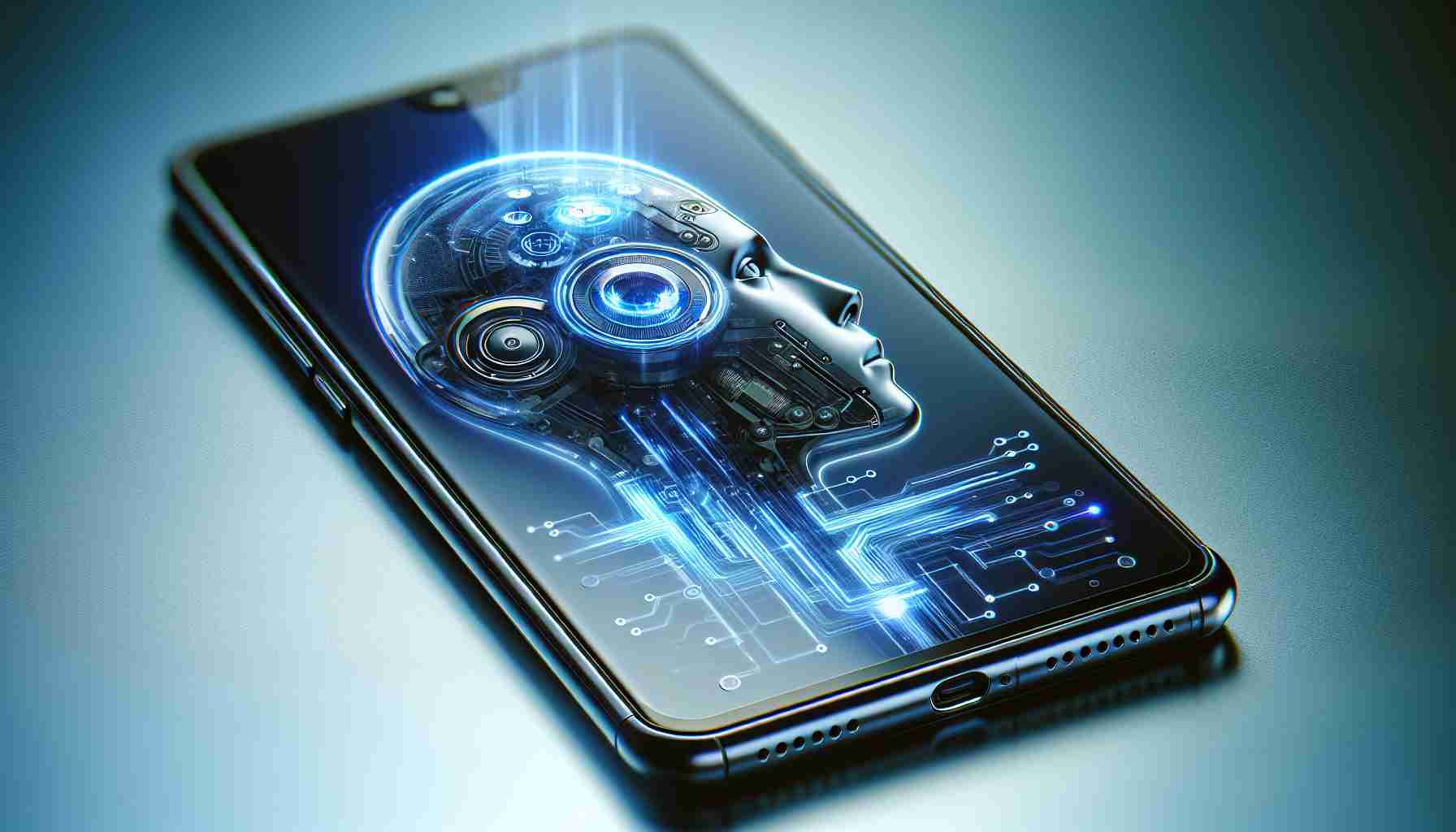Tesla is poised to reshape the smartphone landscape by introducing an advanced AI-integrated smartphone. This move follows a series of teases by Elon Musk on social media, alongside a render of a phone emblazoned with the Tesla logo.
The rise of artificial intelligence has created a new frontier for smart devices, and Tesla—with its expertise in industry-leading design and manufacturing—is ready to capitalize on this opportunity. Despite a notable decline in global smartphone shipments in recent years and a stagnation in innovation from major players like Apple, recent advancements in AI performance have rekindled the industry’s innovation spark.
Musk’s own AI-focused company, xAI, has made significant leaps, announcing a $6 billion Series B funding round and achieving an estimated valuation of $18 billion. Since its inception in July 2023, xAI has been rapidly progressing, aiming to catch up with OpenAI. They’ve shared a multitude of milestones, including the release of their chatbot Grok and various iterations of their advanced AI models.
The potential Tesla phone could integrate these advanced AI capabilities, setting itself apart from current smartphones. Early speculation around Tesla’s smartphone ambitions began in 2021 and gained traction in 2022, when Musk hinted at creating an alternative phone, possibly in response to the controversies around app store removals.
Details on the smartphone’s features are scarce, but generous perks such as free Starlink services and premium memberships suggest Tesla’s commitment to value and innovation. The design is expected to mirror the sleek, futuristic look synonymous with Tesla’s automobiles, potentially giving it an edge over established brands.
Despite Tesla’s strong brand and technological prowess, entering an intensely competitive smartphone market remains challenging. Tesla will need to navigate not only technological barriers but also strategic marketing and distribution to succeed. As customer expectations for smartphones continue to rise, Tesla’s new venture is one to watch as it aims to meet those demands and secure a spot in the competitive landscape.
Tesla’s venture into the smart device market with an AI-integrated phone comes with a number of implications and points for consideration.
Key Question and Answer:
– What would differentiate Tesla’s AI-integrated phone from the rest of the market?
A Tesla smartphone could potentially integrate the company’s advanced AI capabilities, setting it apart by offering unique features such as synergy with Tesla vehicles, superior AI algorithms for personal assistance, and possibly enhanced hardware capable of running complex AI models. Free services like Starlink connectivity could also be a market differentiator.
Key Challenges and Controversies:
– Market Saturation: The current smartphone market is dominated by established players who have strong customer loyalty and advanced supply chain setups, making market penetration difficult for new entrants.
– Technological Innovation: Continuously innovating at a pace that remains ahead of the curve requires substantial investment and risk-taking.
– Ecosystem Compatibility: Tesla’s phone would need to ensure compatibility with other apps and services or develop its own ecosystem, which could be both a hurdle and an opportunity.
– Privacy Concerns: Integrating advanced AI into a personal device can raise questions about data privacy and security, especially given the increasing scrutiny on tech companies.
Advantages of Tesla’s AI Phone:
– Innovation: Tesla has a reputation for disruptive innovation, which could lead to fresh features and technologies in the smartphone market.
– Brand Strength: Tesla’s strong brand could leverage its existing loyal customer base.
– Synergy with Tesla Ecosystem: The phone could integrate seamlessly with Tesla’s cars and other products, offering a unified brand experience.
Disadvantages of Tesla’s AI Phone:
– High Competition: Tesla is competing against giants like Apple and Samsung, which dominate the global smartphone market.
– Manufacturing and Distribution: These are a challenge for any hardware product, especially for a new entrant in the competitive smartphone market.
– Regulatory Hurdles: Depending on the technology used, Tesla might face regulatory challenges related to wireless communication, safety, and data protection.
If you are interested in learning more about Tesla and its range of ventures including electric vehicles, renewable energy, and more, please visit Tesla. For information on advancements in AI technology similar to what might be implemented in Tesla’s smart device offerings, you can visit OpenAI which is a company working intensely on artificial intelligence research and deployment.
